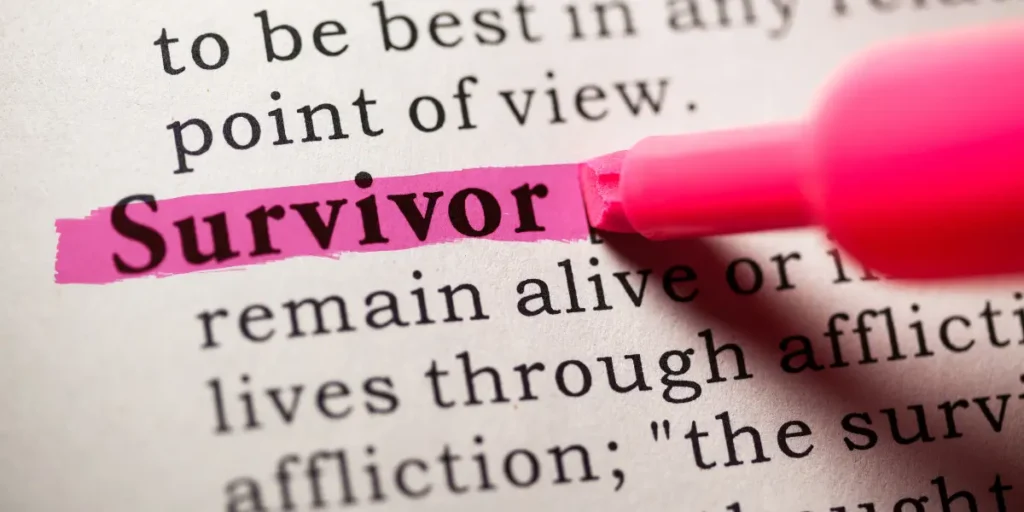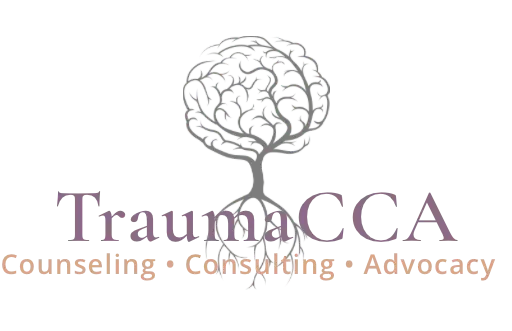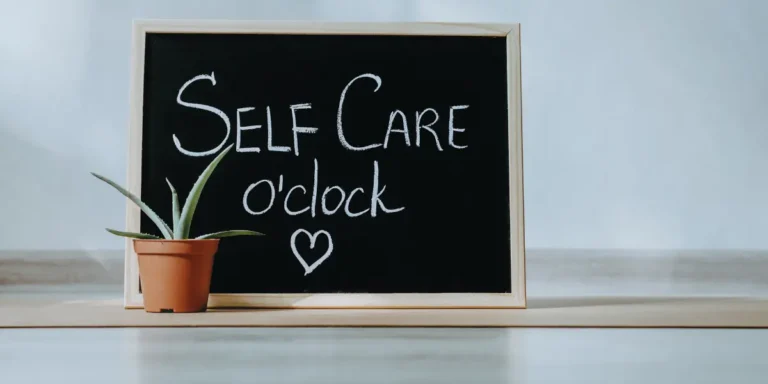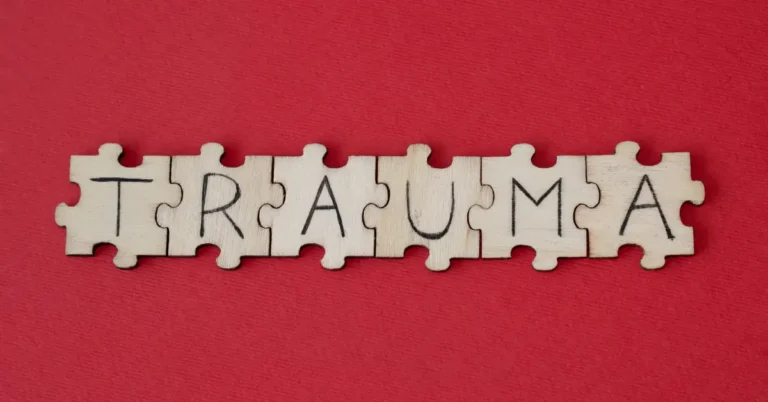What Is Trauma and Why You’re Not Broken

If you’ve ever wondered, “What’s wrong with me?” — you’re in the right place. Maybe relationships feel impossible, your feelings seem overwhelming, or you’re stuck in patterns you can’t explain. Maybe you’ve spent a lot of years surviving, only to feel like you’re standing still. First things first: you are not broken.
Your brain and body are responding in exactly the ways they were wired to. Everything you’ve done to get here has made sense, given what you’ve lived through. This isn’t about fixing what’s wrong — it’s about finally understanding you, and finding a new way forward, with care and compassion.
Contents
- 1 Trauma Isn’t Always About What Happened
- 2 The Many Shapes of Survival
- 3 The Body Remembers, Even When You Don’t
- 4 What If You Are Not Broken?
- 5 Shame Is a Story — But It Isn’t Yours to Carry
- 6 Healing Isn’t Straight or Simple — But It’s Possible
- 7 You Made It This Far — That’s Not Nothing
- 8 You’re Allowed to Ask for More
- 9 A Different Story — Starting Now
- 10 Professional Links
Trauma Isn’t Always About What Happened
Most people think trauma just means big, obvious things: war, disaster, abuse. But trauma is really about the impact — how your nervous system and sense of self changed when life became too much to handle, and there wasn’t support or safety around you.
You could have grown up in what others called a “normal” house and still carry deep wounds. Sometimes trauma is loud, but often it’s the silence — nobody listening to you, not being believed, or always feeling like you have to hide.
Sometimes, trauma is:
• Being forced to grow up fast and take care of others as a kid.
• Having to watch and adjust to someone’s mood to stay safe.
• Feeling like your needs, feelings, or questions were burdens.
When things are overwhelming and you don’t get the help you need, your system adapts. You become a survivor.
The Many Shapes of Survival
No two stories are the same, but trauma tends to show up in a few core ways:
Shock Trauma:
One big event — a car wreck, a sudden loss, an assault. You feel thrown off a cliff and your system never fully comes back down. Even after the danger’s passed, your brain and body stay on high alert.
Complex or Developmental Trauma:
A thousand paper cuts — years of chronic stress, chaos, emotional neglect, or walking on eggshells. There might not be a “big thing,” just a long time of feeling unsafe, unworthy, or unseen. These wounds shape how you see yourself and what you expect from others.
Generational and Systemic Trauma:
Patterns and pain handed down through families, communities, or society. Maybe the trauma didn’t start with you, but you’re left holding it — in behaviors, beliefs, and secrets no one talks about.
The Body Remembers, Even When You Don’t
You might not remember everything that happened, but your body does. The brain’s job is to help you survive — not keep perfect records. It grabs what’s painful and stores it as a warning. Later, even a harmless thing — a sound, a look, a certain smell — might slam your foot on the gas pedal.
That’s why you might:
• Always try to please others or “fix” things.
• Fight back in anger or get flooded with panic.
• Run from conflict — or from yourself.
• Go numb, feel spaced out, or shut down.
These are not failures or flaws. They’re intelligent. They were your best shot at safety when you needed it most.

What If You Are Not Broken?
What would happen if, instead of blaming yourself, you saw your so-called “issues” as proof you did what it took to survive?
• Perfectionism was your armor against criticism or chaos.
• People-pleasing kept you from being hurt or abandoned.
• Numbing out kept you going when the pain was too big to feel.
Those strategies were a gift when you were younger. Sometimes, though, the armor we wear to get through childhood becomes the prison that keeps us from real connection, rest, or joy as adults. That’s not your fault. Healing is about learning a new way, at your pace.
Shame Is a Story — But It Isn’t Yours to Carry
Trauma often sows shame, and shame feeds us lies:
• “I’m the problem.”
• “I should be over this by now.”
• “No one could love who I really am.”
None of those are true. They’re simply the echoes of unmet needs and old pain. You may have grown up in places where emotions were inconvenient, needs were unwelcome, or silence was the rule. If you heard “too much,” “too needy,” “stop making a scene” — that’s a burden you shouldn’t have had to bear.
Healing Isn’t Straight or Simple — But It’s Possible
Growth after trauma isn’t linear. You can’t just “think positive” or will yourself better. Because trauma lives in your body, healing comes through new experiences of safety, connection, and compassion.
Here’s what helps:
• Breath and movement: Things that let your body gently process mind and memory (even a slow walk counts).
• Therapy that’s trauma-wise: EMDR, somatic, IFS — approaches that go at your speed and help you feel safe enough to heal.
• Safe people: Not perfect, just people who let you be real.
• Permission: To rest, to grieve, to set boundaries, to not do it all at once.
Some days, you’ll feel like you’re back at square one. That doesn’t mean you’re failing. It means you’re human. Every step, even the backwards ones, is part of the work.
You Made It This Far — That’s Not Nothing
It’s easy for the world to miss this, but it’s huge: you’re still here.
Through everything you’ve faced, you’re surviving. Maybe some days that’s all you can do — and that counts. Your scars are evidence of how far you’ve come, not a mark of shame.
You are not only what happened. You’re not just coping strategies. You’re a whole person still becoming.

You’re Allowed to Ask for More
Healing can feel lonely if you’re surrounded by people who don’t understand trauma. But your hopes, your struggle, your need — they matter. You deserve real help, rest, and safe people who see you. You’re allowed to want a life bigger than just “making it through.”
A Different Story — Starting Now
You don’t have to have it all together to deserve kindness or love.
You don’t have to be “healed” to reach out, to be worthy, to begin again.
Maybe your only step today is believing that there’s nothing wrong with you that compassion can’t help unravel.
None of us heals perfectly. The work is to keep showing up for your own story, again and again, letting each day be its own new beginning.
You’re not broken — you’re growing. That’s not just okay; it’s profoundly human.
If you’re ready for company on this road, there are people who will walk with you.
Welcome.







One Comment